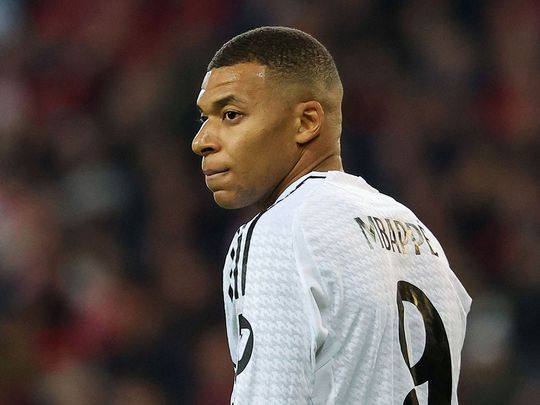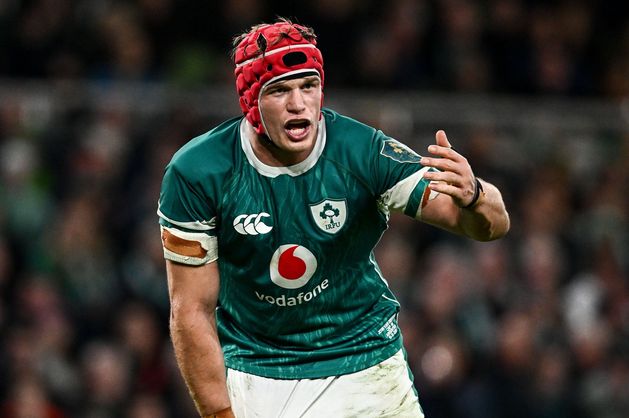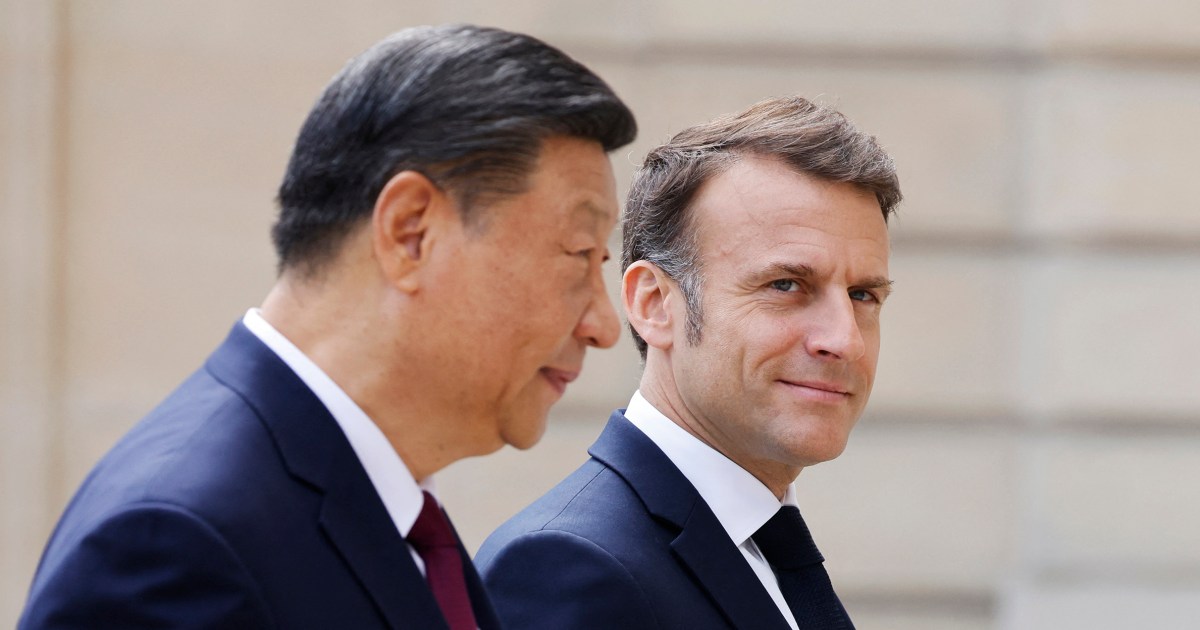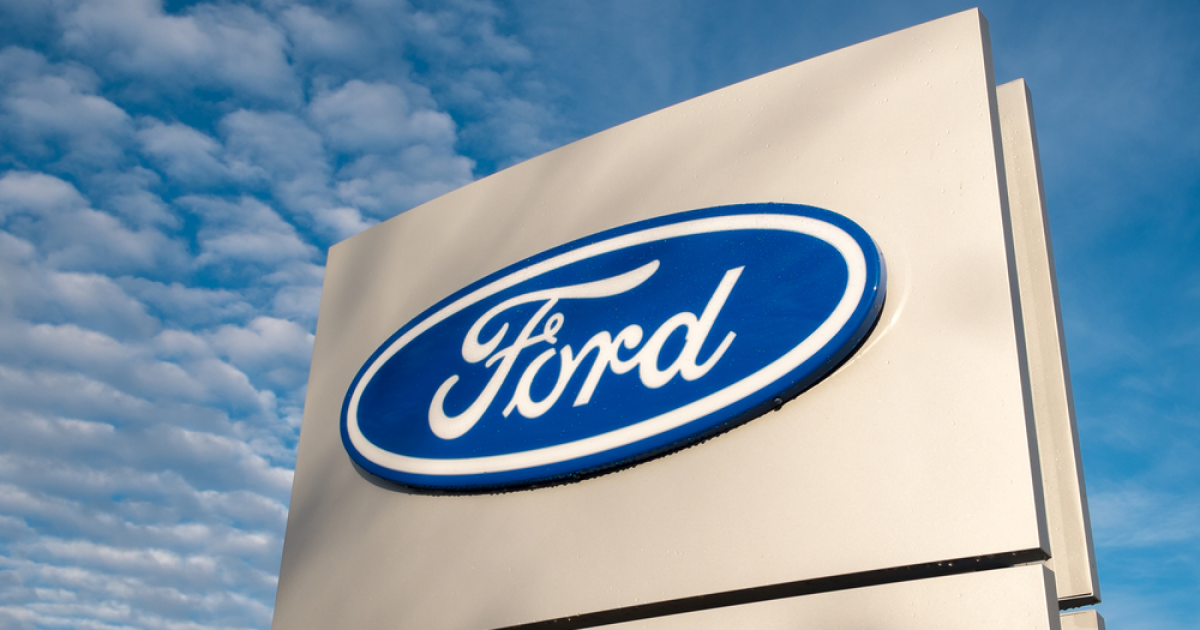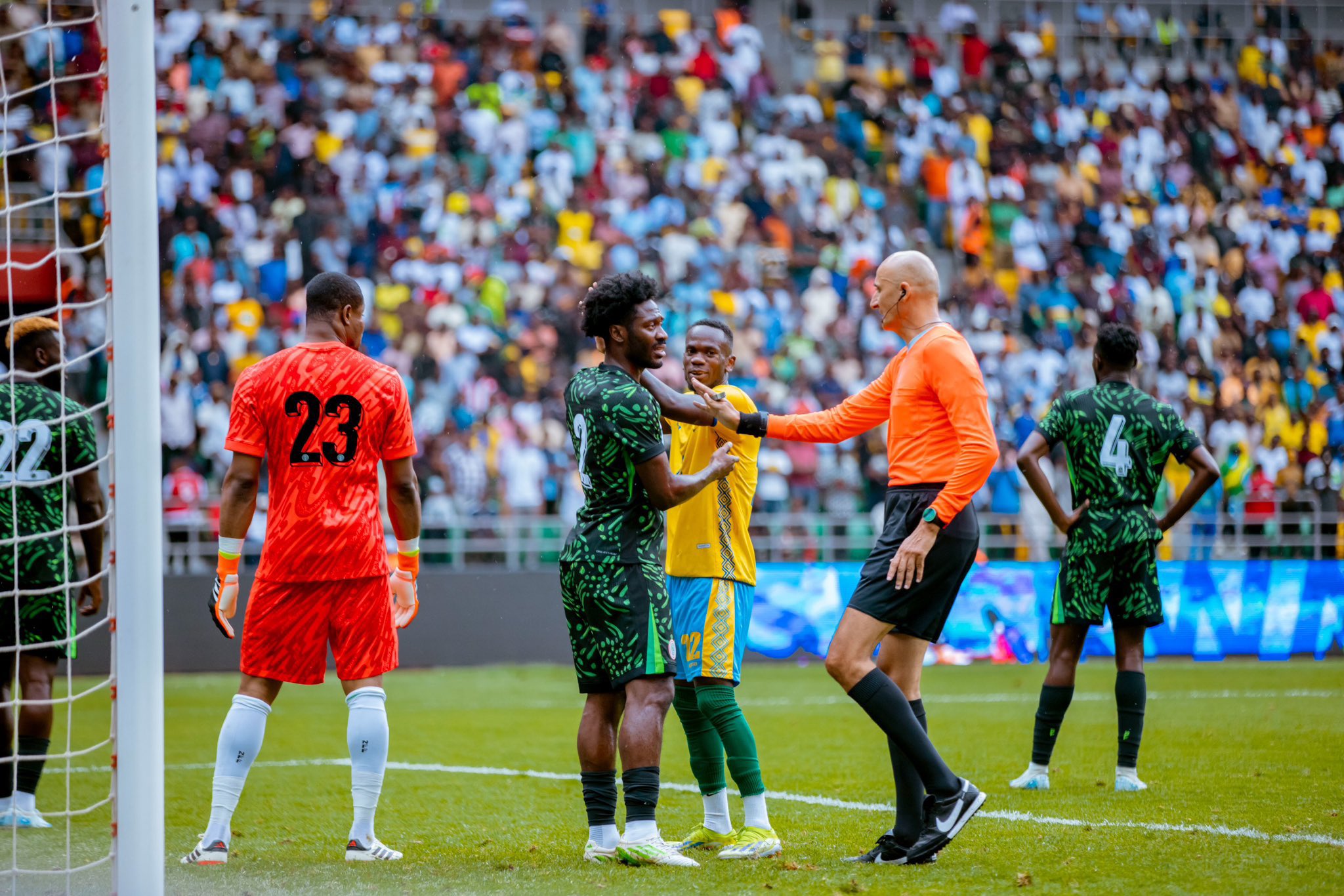Golf
Guy Kinnings has a simple job as the new DP World Tour chief: Keep his 50-plus-year tour relevant
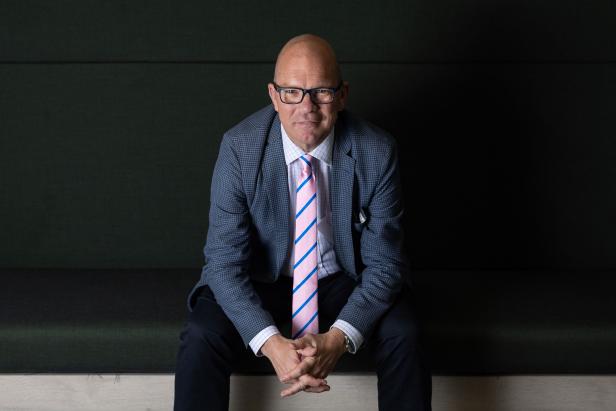
LONDON — No one said it was going to be easy. And less than a month into his tenure as just the fifth Chief Executive in the European/DP World Tour’s more than 50 years of existence, Guy Kinnings isn’t having to look too far for problems that need solving. Predictably, one in particular is dominating the 60-year-old Englishman’s thoughts. Like everyone else at the sharp end of administration in professional golf, he is concerned that the current conflict between the game’s establishment and LIV Golf needs to be resolved. And resolved as soon as possible.
“I’ve got a lot of stuff in my ‘in-tray,” Kinnings says on Thursday during a session with various golf media. “But there is one topic that needs to get sorted first. If and when that happens, everything else will flow from there. The irony is that golf is such a healthy state in so many metrics—participation, interest levels—but until we get a solution and know what the future of the professional game is going to look like, everything else has to wait. It is the elephant in every room.
“All I want to do is get the right people round the table—PGA Tour Enterprises, Fenway Sports Group, Strategic Sports Group, the DP World Tour, the Saudi Public Investment Fund—I don’t know,” Kinnings continues. “But there is an intent to talk about what the future can look like. What does the product look like in 2026 and beyond? What is the pathway? But until we get the right people in the right room with the right intent, we are never going to work out a deal. That is what is needed right now. And it’s the same as in any business: don’t leave until you have deal done.”
To that end, Kinnings claims to be encouraged by the dealings he has so far had with Yassir Al-Rumayyan, chairman and governor of the PIF, the financial arm for the LIV Golf League.
“The Saudis will want to ensure that they do things properly,” Kinnings says. “Yassir is a very astute businessman. I have no doubt he will have weighed up the dynamics at play. But everything I have heard is that he wants to find a longer-term solution. If he believes in the good of the game, he will know that a split product in the long run is not good. He will know that as well as anyone. So it is essential that, in the long run, things have to be better for the professional game. The more we hear about (television viewing) numbers falling, the more it is clear that, if we don’t move quickly, there will be lasting damage. I don’t think Yassir wants there to be damage to the game. He loves the game.”
As to exactly what any deal should look like, Kinnings not surprisingly favors the model suggested by Rory McIlroy earlier this year, one that is “truly international.” By way of example, that could mean a “world tour” comprising, say, 20 events with the PGA Tour and the DP World Tour “feeding” players into the newly created global circuit.
“I see a lot of sense in that,” Kinnings says. “What do the fans really want to see? They want to see the best players competing more often. So that model has appeal. But it is only part of the picture. If we are to find a solution, we need to be looking at integrating team golf in some way. That will satisfy what LIV has done. But it will also recognize that we all love team golf. Last year the Ryder Cup reminded us what golf at its best can look like. All I want to do is protect that. Our goal has to be to elevate everything.”
That can only happen if the leading U.S. players are prepared to travel outside their homeland. Despite much evidence to the contrary, Kinnings is optimistic on that front, pointing out that, historically, American superstars did their bit to promote the game worldwide. Which is true. In the past American superstars travelling helped create big events around the world. Arnold Palmer’s role in the resurrection of the Open Championship is one such example. Tiger Woods appearing regularly in Asia is another.
“The American players realizing that they will have to travel to enhance their brands is something they will have to compromise on,” Kinnings says. “If we all recognize that the game will be damaged without a solution I think the players will come round.”
Still, amidst all of the speculation, Kinnings is also cognizant of the fact that the DP World Tour does not have the loudest voice in any negotiations regarding the future of the professional game. A cynical observer might conclude that the DP World Tour will, whatever happens, simply do what the PGA Tour dictates. The pair are currently the constituent parts of a so-called “strategic alliance” that guarantees, amongst other things, record prize funds on the former European circuit for at least the next 13 years.
On the other side of that continuing debate, there are those Europeans who would not complain if Kinnings were to lead his members into a global circuit (minus the U.S.) alongside the PIF. All valid points, but whatever happens, Kinnings is quick to point out the experience the Old World circuit could bring to a truly worldwide tour.
“I don’t claim that I can make everything happen,” he says. “And I know we are characterized as the ‘third wheel’ in any negotiations. But I know that we have a voice in this. The reality is that the PGA Tour now has some very smart investors in Fenway Sports Group and the Strategic Sports Group. But we, through our strategic alliance, are working closely with the PGA Tour. We are working together on the end product. It’s a joint exercise. So practically, we are being listened to. I have dealt with the guys at Fenway, who were fascinated by the history of the DP World Tour and our internationalizing of the game. They know that we have the relationships around the world. We’ve built them for 50 years.
“Plus, two of the biggest financial institutions in the world want to invest in golf. Rory put it best when he said we need to find a way for them to do that. They clearly think golf works for them. Otherwise they wouldn’t be putting money in. So it’s our job to give them something that works for them and for the fans. We need to look forward, not back.”
Also heartening Kinnings is the news that Rory McIlroy is likely to re-join the PGA Tour Policy Board and become a director of PGA Tour Enterprises, meaning that there will be at least one European voice in that influential room.
“I know how much it took out of Rory originally,” says Kinnings, who served six years as the European Tour Group’s Deputy CEO, Chief Commercial Officer and Executive Director-Ryder Cup before taking on his new role April 2. “He worked on board meetings until 2-3 in the morning, then got up and played in pro-ams. And now he’s prepared to go back. His voice is really important.”
There are many voices though and Kinnings, responding to the notion that things need to start happening soon, comes close to adding a timetable if golf is to survive the current crisis.
“I hope getting it right happens in the next few months,” he says. “We know it has to be done ASAP. I don’t see too much changing in 2025. 2026 is when we will see significant changes. To do that we need 2025 to prepare. I’m not setting any deadlines. But to plan a new product for 2026 you really need to have it done by the end of this year. Everyone needs to be flexible and compromise. Once we have the right solution we need to move fast.”

